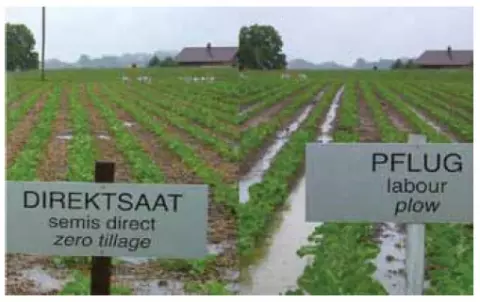
An ecologically sustainable approach to agricultural production intensification: Global perspectives and developments
Abstract: The root cause of agricultural land degradation and decreasing productivity – as seen in terms of loss of soil health -- is our low soil-carbon farming paradigm of intensive tillage which disrupts and debilitates many important soil-mediated ecosystem functions. For the most part agricultural soils in tillage-based farming without organic surface residue protection are becoming de-structured and compacted, exposed to increased runoff and erosion, and soil life and biodiversity is deprived of habitat and starved of organic matter, leading to decrease in soil’s biological recuperating capacity.
Keywords: Conservation, agriculture, paradigms, no-till system, ecosystem approach
Thematic: Agricultural Development
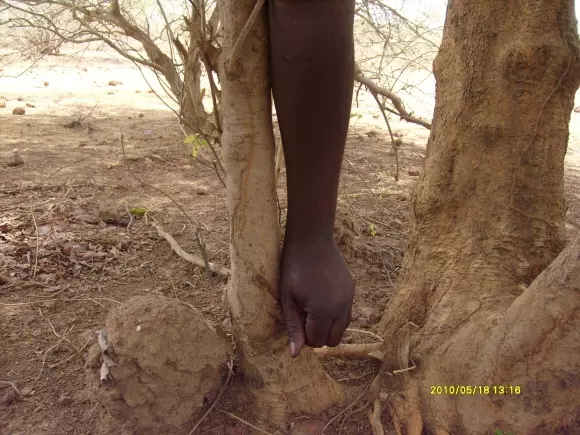
Rural districts and community forest management and the fight against poverty in Niger
Abstract: The forestry policy developed in Niger from the early 1930s until 1990 was marked by the preeminent role played by the colonial government, and subsequently by the government of independent Niger. In 1990, following the Maradi Conference in 1984, the importance of bringing local populations in on the process of forest management, after almost 70 years of being excluded, was finally accepted.
Keywords: environment, forest management, Niger, wood fuel, energy
Thematic: Agricultural Development
Read the article
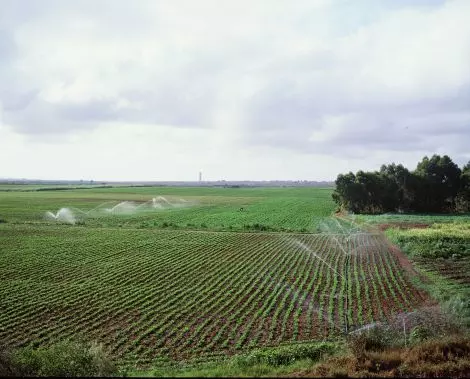
Nature, not aid?
Abstract: Nature is a source of solutions to many of the pressing challenges of development, from food security to climate change. Illustrations of this claim are increasing around the world, and the figures supporting it are now beyond dispute; they demonstrate just how closely dependent our societies are on nature and natural resources.
Keywords: development, nature, solutions, security, societies, development aid,nature conservation, common denominator, humanitarian disaster
Thematic: ClimateChange
Read the article

Waste and Development – Perspectives from the Ground
Abstract: Millions of people worldwide make a living collecting, sorting, recycling, and selling valuable materials disposed of as waste. Waste pickers contribute to public health, reduce the costs associated with municipal solid waste management, and significantly reduce greenhouse gas emissions to the environment. In many countries, waste pickers supply the only form of solid waste collection.
Keywords: environment, public health, poverty, waste management, livelihoods
Thematic: Health and Environment
Read the article
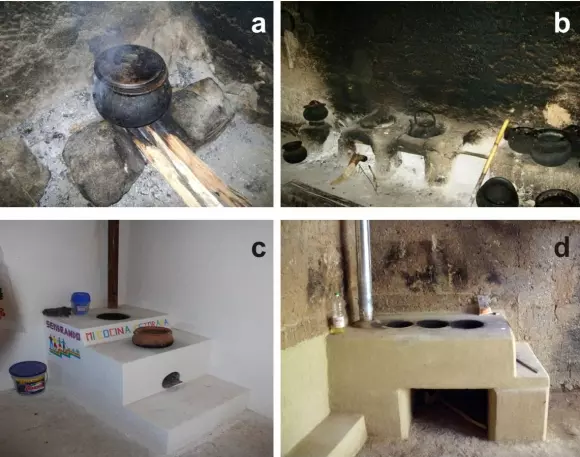
Combining interventions: improved chimney stoves, kitchen sinks and solar disinfection of drinking water and kitchen clothes to improve home hygiene in rural Peru
Abstract: Home based interventions are advocated in rural areas against a variety of diseases. The combination of different interventions might have synergistic effects in terms of health improvement and cost effectiveness. However, it is crucial to ensure cultural acceptance. The aim of the study was to develop an effective and culturally accepted home-based intervention package to reduce diarrhoea and lower respiratory illnesses in children.
Keywords: solar water disinfection, improved chimney stoves, home-hygiene interventions, household water treatment, Peru
Thematic: Societal issues and Governance
Read the article
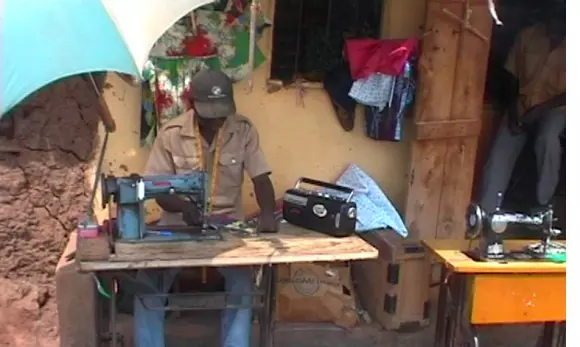
Towards sustainable enterprises: Improving social and environmental practices starting from the informal economy
Abstract: The goal of this paper is to present tools which allow informal firms to improve their social and environmental performance and become sustainable enterprises. The paper first provides an overview of the informal economy and sustainable enterprises from the perspective of the International Labor Organization. The methodological part consists of a presentation of tools which can be used to facilitate the transition of informal businesses to formality.
Keywords: informal economy, sustainable enterprises, environmental practices
Thematic: Environmental Economics
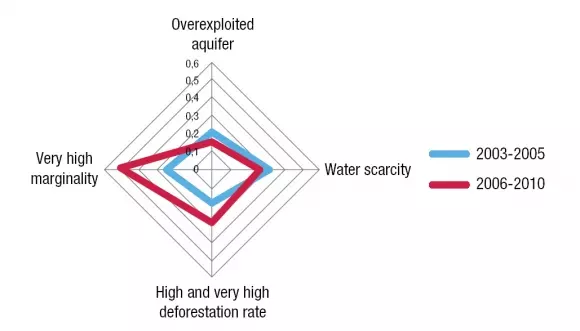
Payments for Environmental Services: Can They Work?
Abstract: Payments for Environmental Services (PES) Programs can be useful policy instruments for achieving conservation objectives through incentive mechanisms. However, the success of such programs depends on the particular solutions that are given to political economy constraints and challenges. The Mexican case provides helpful lessons on this topic, in addition to design and implementation insights.
Keywords: Mexico, environment, poverty, political economy, PES, NGO
Thematic: Environmental Economics
Read the article
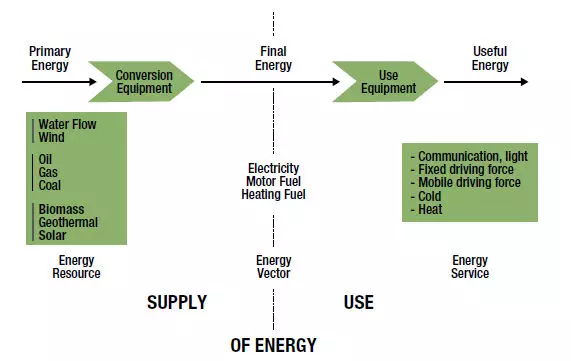
Sustainable energy and the fight against poverty
Abstract: Although 2012 has been proclaimed International Year of Sustainable Energy for All, there has been little progress made in terms of reducing the energy gap in developing countries. The role of renewable energy systems remains uncertain, even though their development is generally supposed to provide universal access to energy. However, there exist low-carbon solutions that ensure access to energy for poor populations and offer them the opportunity to make the most of their privileged access to biomass in the form of energy vectors.
Keywords: poverty, wood fuel, energy, bioenergy, electrification
Thematic: Poverty and access to Essential Services
Read the article
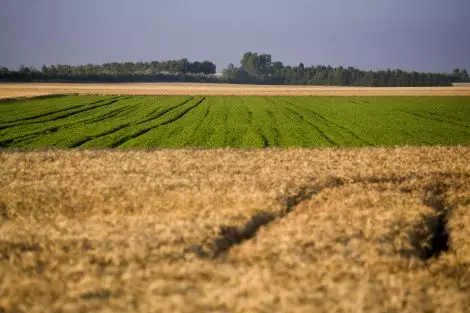
Overview of the Global Spread of Conservation Agriculture
Abstract: The global empirical evidence shows that farmer-led transformation of agricultural production systems based on Conservation Agriculture (CA) principles is already occurring and gathering momentum worldwide as a new paradigm for the 21st century. The data presented in this paper, mainly based on estimates made by farmer organizations, agro-industry, and well-informed individuals provide an overview of CA adoption and spread by country, as well as the extent of CA adoption by continent.
Keywords: sustainability, no-tillage, crop residue, constraints, adoption
Thematic: agricultural Development
Read the article
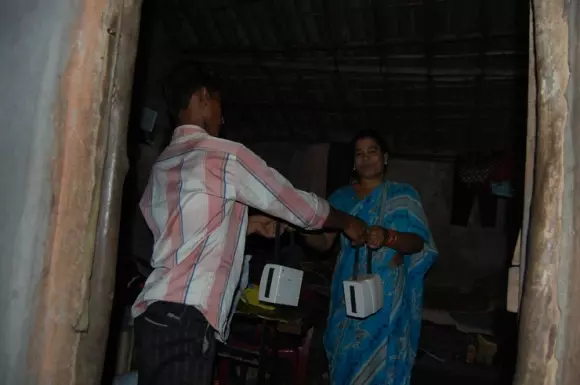
The BipBop programme: Providing access to reliable, affordable and clean energy with a combined approach of investment, offers and training
Abstract: Universal access to clean energy is a major worldwide concern which has been reaffirmed when 2012 was declared by the United Nations as the International Year of Sustainable Energy for All. With this goal in mind, multinational corporations are developing inclusive business approaches targeting low-income populations. To be considered successful, these strategies must participate in development, be sustainable, and impact as many people as possible.
Keywords: Base of the Pyramid, Bottom of the Pyramid, inclusive business, Access to Energy, BipBop, Schneider Electric
Thematic: Environmental Economics
Read the article

